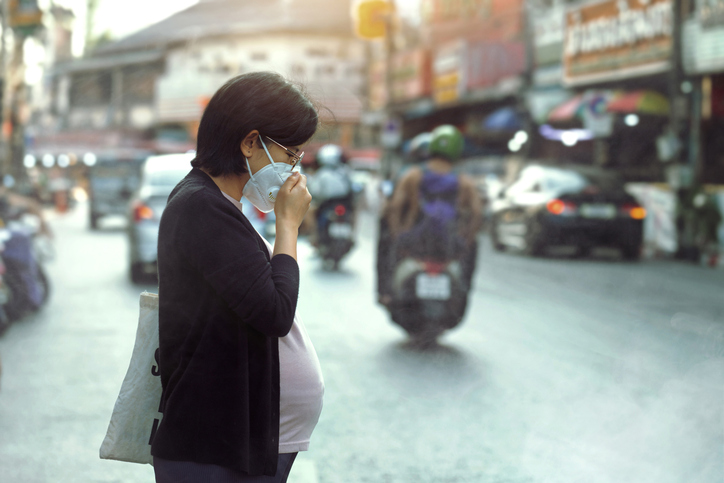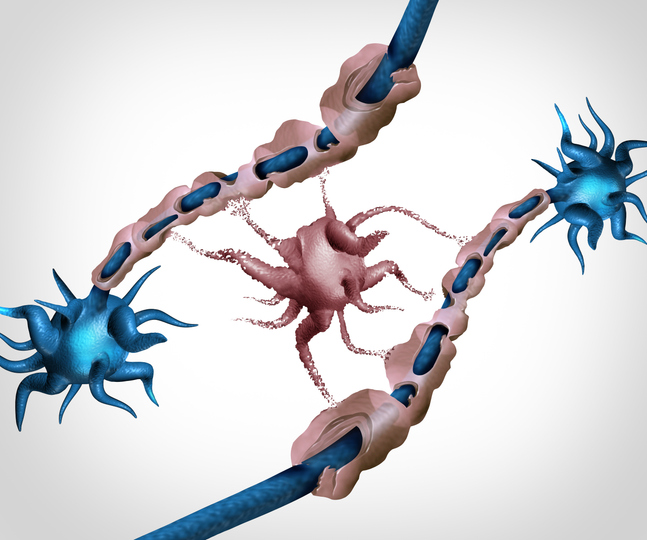
Exposure to common air pollutants during critical developmental periods can trigger complex biologic cascades that can significantly affect risk for autism. The Emerging Topic review published in Brain Medicine was led by senior author Haitham Amal, PhD, who explained that “The timing of exposure appears to be crucial, with heightened vulnerability during prenatal development and early childhood when critical neurodevelopmental processes occur.”
A study in the United States, Israel, and Taiwan found that airborne particles smaller than 2.5 μm in diameter (PM2.5), nitric oxide (NO), and NO2 showed positive association with risk for autism. The researchers were particularly concerned about their findings on these smaller particles because they can cross the placenta, affect fetal brain development, and activate the mother’s immune system, leading to inflammation and altered fetal brain development.
The link between genetic and environmental factors can open new avenues for understanding the complex etiology of autism, Prof. Amal noted. The results also highlight promising direction for biomarker development, such as 3-nitrotyrosine, which can potentially enable early identification of individuals who are at higher risk for autism.
The key potential mechanisms by which air pollutants can elevate risk for autism include:
- Neuroinflammation and oxidative/nitrosative stress
- Epigenetic modifications
- Glutamatergic and GABAergic systems
- Endocrine disruption
- Metabolic pathway dysregulation
The genetic and environmental implications of air pollutants prompt thoughtful consideration for adapting urban design to protect vulnerable populations and developing effective preventive strategies.
“These factors may include microbiome, nutrition, financial state, education level, social aspects, and workplaces. Lifestyle factors, such as active and passive smoking in pregnancy, also need to be taken into account. They could be potent factors for ASD pathogenesis,” the researchers concluded.







 © 2025 Mashup Media, LLC, a Formedics Property. All Rights Reserved.
© 2025 Mashup Media, LLC, a Formedics Property. All Rights Reserved.